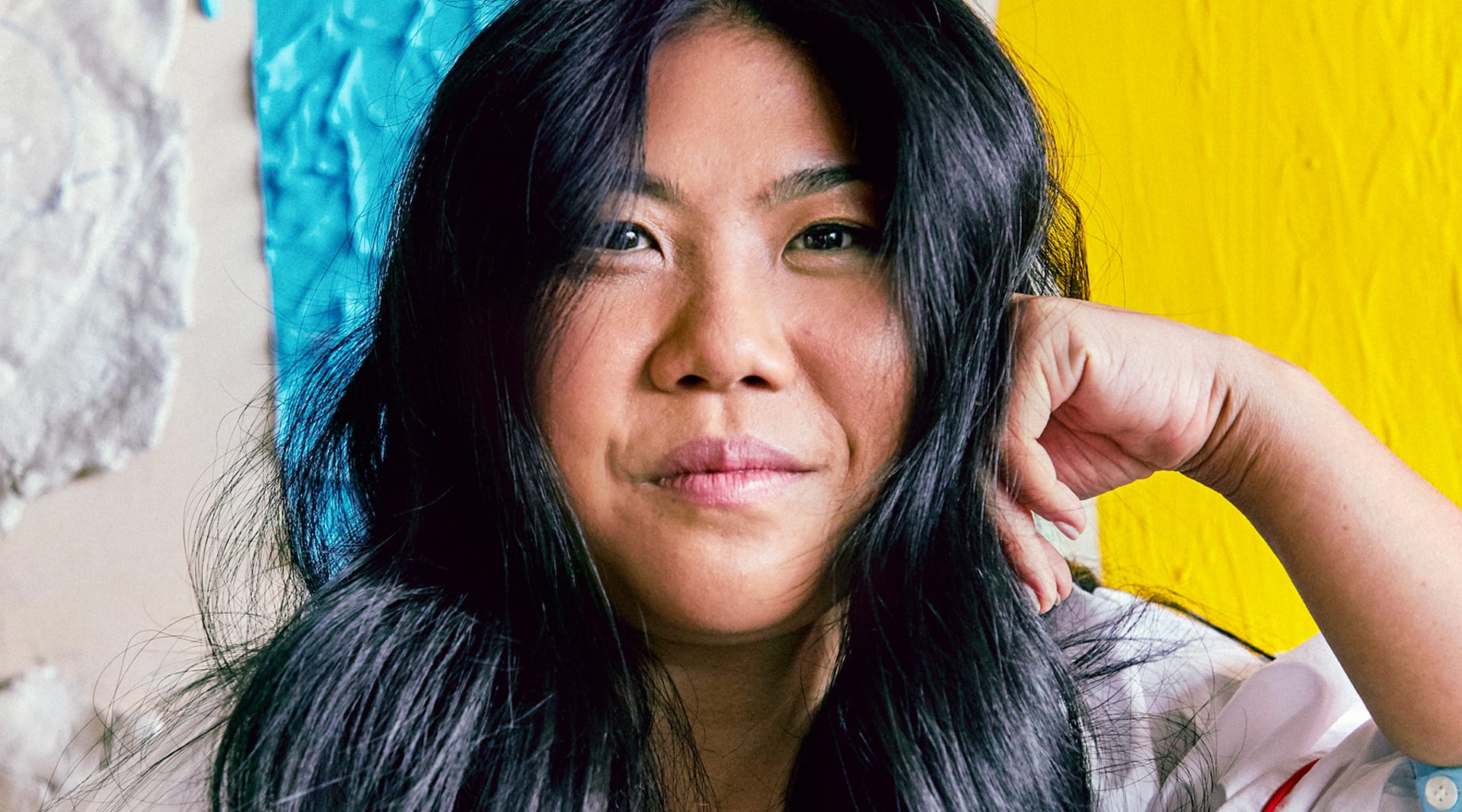I've grown up in the beauty industry. My mom, a refugee from Vietnam, went into trade school and became a hairstylist. I remember when I was five, like dancing in the aisles between chairs and sweeping up the hair and getting my nails done by the ladies when they didn't have clients. I also worked at Mac Cosmetics at the counter as a retail makeup artist. When I was working at Mac at more of a corporate level doing product development, I had a mental health crisis.
I had major anxiety, major depression, and it was interesting to be a person of color and never to have used the words “mental health” before. I recognized that I had no tools, resources or conversations around my emotional wellbeing.
So I dove deeply into therapy, and I realized [this information] about human behavior and relationships and patterns is not taught in schools. You're lucky if your parents can teach you about things like having a secure attachment. But [when you’re just trying to] survive, there's no ability to talk about those things.
I quit my job, traveled around the world and had conversations with folks around mental health and self-worth and brought all of those pieces back. It was important to me because the brand got its start through these real conversations and research.


